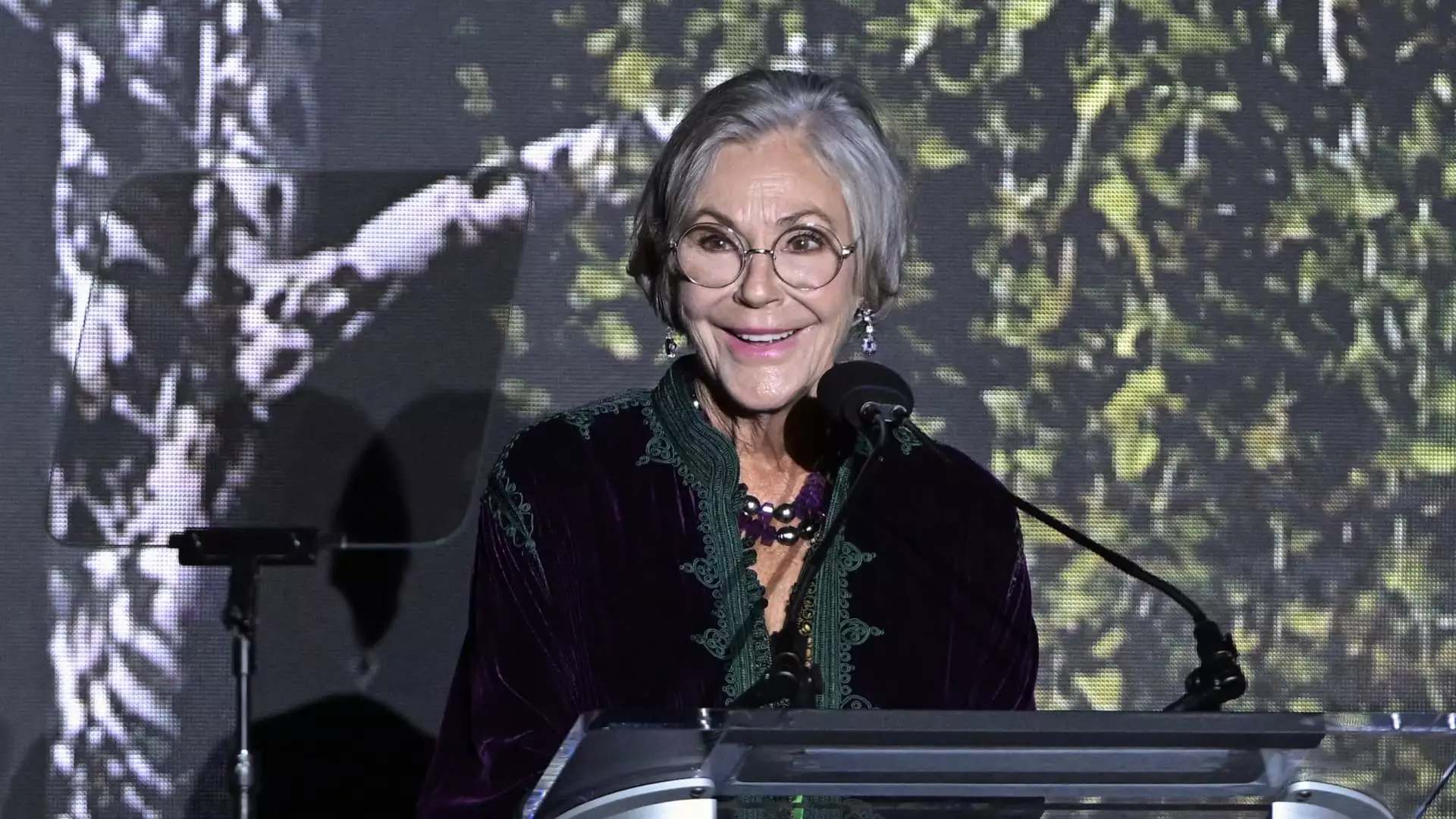The global landscape of wealth is undergoing a significant transformation as women increasingly assert their presence within the billionaire class. A recent analysis from Altrata reveals that women now constitute 13% of the world’s billionaires, a figure that, while seemingly modest, is indicative of a slow but steady shift in wealth dynamics. This article delves into the rise of female billionaires, exploring their unique financial habits, philanthropic inclinations, and the societal changes driving this evolution.
With approximately 3,323 billionaires worldwide, the presence of 431 women showcases not only a growing trend but also a change in the prevailing narrative surrounding wealth accumulation. The report highlights several factors contributing to the rise of female billionaires, notably female entrepreneurship alongside shifting cultural perceptions. Increasing instances of inter-generational wealth transfers also play a crucial role. Among these female billionaires, a staggering 75% have inherited at least a portion of their wealth, highlighting the stark difference compared to their male counterparts; only 5% of male billionaires claim the same.
The fact that a significant number of these women, including some of the richest, owe their fortunes to inheritance indicates a complex interplay between legacy and self-made wealth. Women like Alice Walton and Françoise Bettencourt Meyers exemplify this trend, and their stories underscore the nuances of wealth acquisition in today’s society.
As the Great Wealth Transfer unfolds, projections suggest that women will inherit an astonishing $30 trillion over the next decade. This anticipated influx of wealth will likely shift societal norms and create new opportunities for women in the financial realm. This transfer of wealth not only alters the financial landscape but could also herald a new phase of philanthropic engagement among affluent women, reshaping the direction of charitable affiliations and contributions.
The report elucidates that female billionaires are often more engaged in philanthropy than their male counterparts. Nearly 20% of women either wholly dedicate their time to non-profit pursuits or significantly contribute their expertise to social causes, contrasting sharply with only about 5% of men doing the same. This disparity reveals a potential societal shift in priorities, with inherited wealth translating into a greater propensity for social responsibility and charitable giving.
Looking deeper into their financial profiles, the preferences of female billionaires diverge significantly from their male peers. Women tend to retain more liquid assets and cash, estimated at 39%, compared to 30% for men, who favor stock investments, holding 40% of their wealth in equities. This stark contrast can be attributed to the patterns of wealth accumulation predominantly through private companies in which many women hold stakes.
Moreover, female billionaires are notably more inclined to invest in luxury real estate and art than their male counterparts. Approximately 1.5 times more likely to own real estate valued at over $10 million, women’s investing behavior showcases their preference for tangible, culturally enriching assets as opposed to more ostentatious possessions favored by men.
The lifestyles of billionaire women highlight a distinct inclination towards philanthropy, which emerges as the dominant hobby for an astonishing 71% of female billionaires. This contrasts sharply with their male counterparts, where sports take precedence as a preferred leisure activity. Differences extend beyond hobbies into interests as well; women show enthusiasm for art, education, and travel, while men gravitate more towards aviation, the outdoors, and political engagement.
These distinctions not only reflect personal preferences but also hint at broader societal values, revealing how gender influences various life choices, from philanthropy to asset management.
The increasing presence of women in the billionaire ranks signals a vital shift in both wealth accumulation and social responsibility. As wealth distribution evolves, it is evident that women are not just passive beneficiaries of inherited riches; they are active, engaged philanthropists shaping the social fabric of our society. The financial choices and philanthropic pursuits of female billionaires offer a unique glimpse into a transforming economic landscape, wherein women’s voices and values are increasingly prominent. As we navigate this new terrain, it becomes evident that the future of wealth will be not only inclusive but also deeply entwined with a sense of responsibility and purpose.

